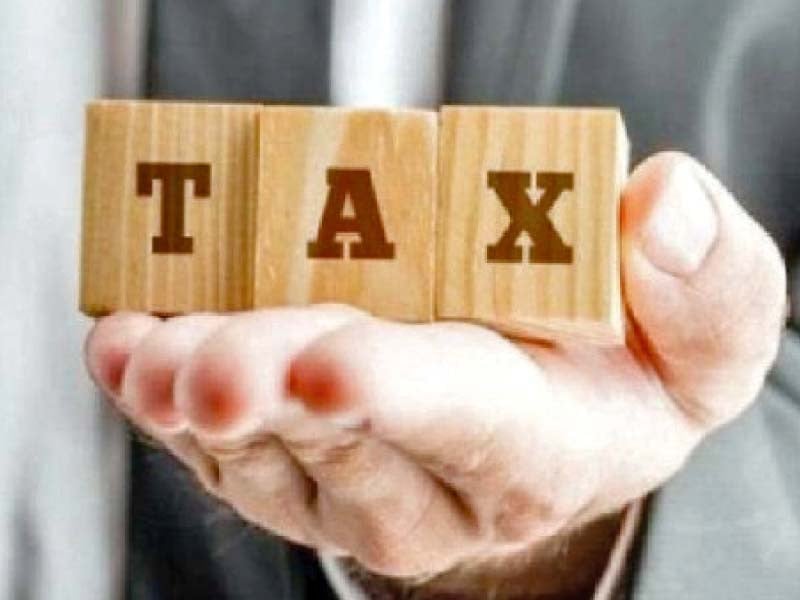
A court of law has temporarily barred the government from collecting an additional tax of up to 15% from banks, as about a dozen financial institutions approached the court to suspend the tax they were liable to pay after failing to meet the mandatory private sector lending targets in the outgoing year 2024.
Citing the Pakistan Banks' Association, the global media outlet Bloomberg reported on Thursday "About a dozen banks in Pakistan have secured temporary relief from the Islamabad High Court against a government tax on the lenders if their borrowing to the private sector was lower than the target."
The court will hear the case starting December 3, though it is unclear when the final order will be issued.
"Until the next date of hearing no coercive action will be taken against the petitioner on the basis of any calculation made by the tax department," according to an order by Judge Babar Sattar on November 13 regarding an application by Meezan Bank Limited, available on the court's website.
MCB Bank Limited, Askari Bank Limited, the Pakistani unit of Citigroup Incorporated, Standard Chartered Bank Pakistan Limited and Habib Metropolitan Bank Limited are among other lenders that received similar relief in separate orders, the media outlet added.
While speaking with The Express Tribune, Arif Habib Limited Economist Sana Tawfik recalled that the government, through the federal budget 2025, imposed an additional tax of up to 15% on those banks that fail to lend at least 50% of their respective deposits to the private sector at the end of the year on December 31, 2024.
The average advance-to-deposit ratio (ADR) of the banks operating in Pakistan recently stood at 38%, significantly lower than the mandatory 50%. Accordingly, banks were projected to pay additional taxes to the tune of around Rs197 billion in the year, it was learnt.
Tawfik said the move from the banks was not surprising. She said they had convinced the government to suspend the tax in the previous year of 2023 as well.
She recalled that some of the banks had started accounting for the possible impact of the additional tax in their quarterly financial workings. However, many banks have been in court for several days, working to get the tax suspended for this year as well.
She said it was not feasible for banks to increase their lending to the private sector amid the current economic slowdown. The majority of businesses are not willing to secure bank financing due to high inflation and high interest rate on loans.
Additionally, banks are also reluctant to lend to the private sector, as there is a high probability for banks to record additional non-performing loans (NPLs), which would result in serious losses for financial institutions.
Some of the banks have already recorded NPLs from the private sector in recent quarters, she said.
However, banks' lending to the private sector is expected to increase from next year with the anticipated return of stability to the economy.
Furthermore, the government has indicated that, starting next year, it will change its strategy to calculate ADR on the basis of a full-year average rather than a single-day snapshot on December 31. This adjustment is expected to encourage increased credit to the private sector going forward.




1725030039-0/Untitled-design-(2)1725030039-0-165x106.webp)
1725366721-0/kyle-(1)1725366721-0-165x106.webp)



1732696613-0/BeFunk_§_]__-(59)1732696613-0.jpg)
1732622842-0/Express-Tribune-(9)1732622842-0-270x192.webp)







COMMENTS
Comments are moderated and generally will be posted if they are on-topic and not abusive.
For more information, please see our Comments FAQ